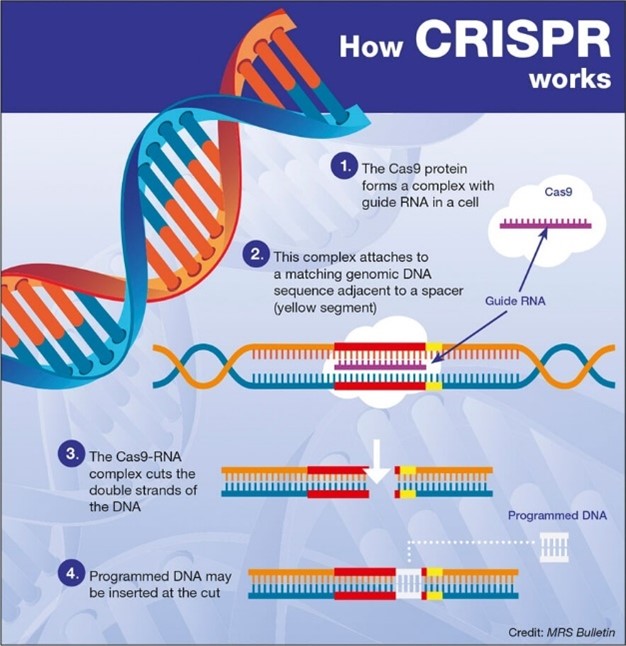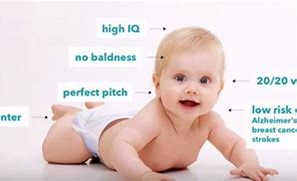With the advancements in scientific technology continuing to push new discoveries, the concept of designer babies has posed excitement along with controversy. The modifying of embryos to select desirable traits such as intelligence, appearance and resistance to genetic diseases have been made possible through techniques such as CRISPR. Amongst the potential this technology has to eliminate hereditary illnesses and improving the health of a population, there is a concern regarding the ethical considerations. The statements in questioning: ‘could genetic editing widen social inequality’ and ‘ should it be allowed for the parents to dictate their child’s genetic makeup’ are still being pondered. This matter is urgent now more then ever as technological advancements show designer babies being a reality in the near future.
What Are Designer Babies?
Designer Babies are Babies whose genetic make up has been selectively chosen or altered for the advantageous reasons of enhancing beauty, intelligence or for the freedom of diseases such as cardiovascular disease via removing and excluding particular genes.
How is the genetic code modified and altered?
In order for an embryo to be modified it must first be screened. Pre-implantation genetic diagnosis (PGD or PGDI) is used to profile the embryo, which is useful for when one parent is a carrier for a heritable disease such as colour blindness. The selectivity of the genome is carried out by the removal of an inferior gene by nucleases where it’s then replaced by a superior gene with better adaptability. CRISPR is a common technology used where RNA guides the nucleases. It’s being investigated that this technique has the chances to help treat HIV and potentially even mitochondrial disease.

“We use a pair of molecular scissors and a molecular sat-nav that tells the scissors where to cut” Dr Perry, University of Bath based, told the BBC. This cutting allows mutations to be cut, along with insertion of new pieces of genetic code at the site of the cut. However, further studies are needed to assess the effectiveness and safety in the long term, as it could cause other unwanted genetic modifications that are undesirable for future generations.
An ethical concern?
The designer baby process is labour intensive, requires great intelligence, advanced technology and can only be accessed by developed countries and individuals who can afford it. The ethical remarks thrown into question include the ideas of social justice and the question of individuality being taken away. From a bioethicist, if a parent is allowed to choose the biological characteristics on behalf of their offspring, does this violate the child’s right to live as an independent individual? Additionally, there are thoughts that germline modification would contribute to the widening of the social inequality gap. If these techniques are only available to the those who can afford them, how’s it fair to those suffering the burdens of genetic diseases and can’t afford the treatment creating disparity.
The benefits
PGD can be used to scan for 600 genetic diseases according to the human fertilisation and embryology authority, HFEA. This can help to reduce the risk of threating genetic alignment in unborn babies and avoid parents transferring genetic conditions to their babies. It’s said that new gene editing could correct up to 89% of genetic defects including diseases such as sickle cell anaemia.

An open conclusion
Genetic engineering holds potential benefits like eliminating hereditary diseases and improving quality of life but genetic enhancement for non medical traits such as appearance and intelligence complicates discussions further, as it deepens the social divide and ultimately challenges the fundamental values of diversity and acceptance. A balance is essential to ensure genetic engineering serves humanity in a fair and just manner, as designer babies put scientific advancements and moral responsibility against each other. This can be monitored by careful regulation and ethical oversight into societal impact.
This is a good, well written blog. It addresses a moral and ethical concerns of genetically modyfied babies. The introduction to the topic is really good. You showcase both benefits and possible ethical concerns of genetic modification, with a really good questions, that makes reader think about it. You could try to add more reflection from your point of view – you could try to answer these questions, rather then leaving an open conclusion. Why is this topic important to you? Please provide references or hyperlinks, image captions.